![]() — หน้าแรก — เกาะติดข่าว
— หน้าแรก — เกาะติดข่าว
ข่าวเศรษฐกิจและธุรกิจประจำสัปดาห์
-
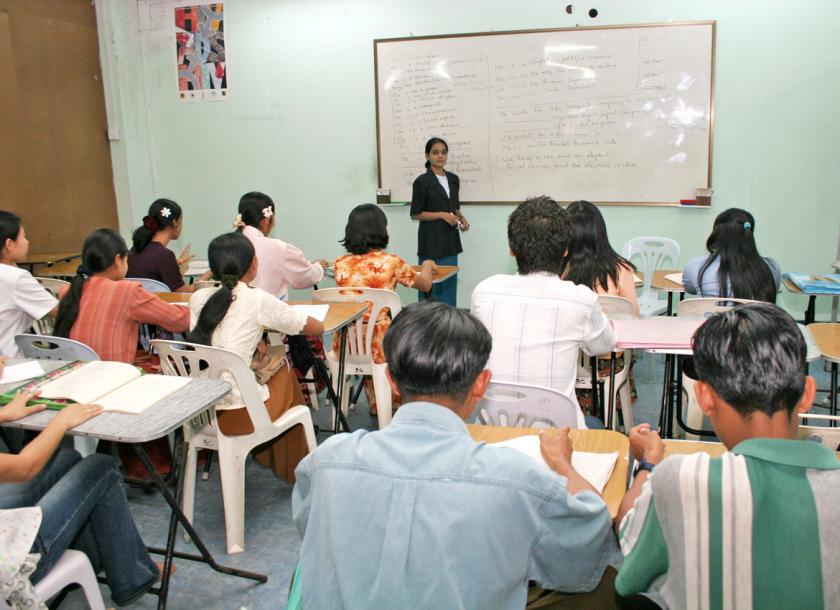
SMEs are still struggling to complete amidst old and new challenges, which include confusing government policies
Small and medium enterprises (SMEs) are still struggling to compete and expand five years after U Thein Sein’s former government established a central committee to support the sector and after the Central Bank of Myanmar recently permitted banks to approve loans without collaterals. On top of limited access to capital, insufficient supporting infrastructure, high taxes and the proliferation of illegal products, new challenges like lack of regulations in the digital economy are also emerging for SMEs. But the most frustrating issue is the government’s ever-changing policies and its inability to make those changes clear both to the business community as well as its own staff, businesses said during discussions at a two-day SME conference in Nay Pyi Taw on October 14-15. -
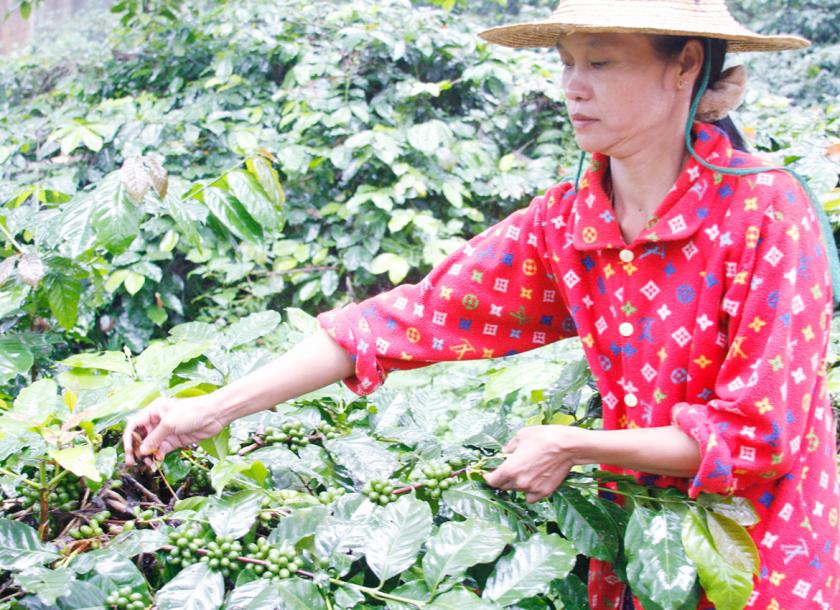
Coffee cultivators from Ywar Ngan plan to export at least 50 tonnes of coffee beans in the upcoming coffee season
Coffee cultivators from Ywar Ngan township in Shan State are hoping to export at least 50 tonnes of coffee beans in the upcoming coffee season, said U Win Aung Kyaw, vice chair of Myanmar Coffee Association. Due to the weather condition being favorable for coffee plants, there appears to be an increase in production this season, he said. “Out of the 120 villages in Ywar Ngan, at least 80 villages are planting coffee over some 7,600 acres of plantation area. Many coffee growers plant as much as they can on two or three acres. During coffee season, they gather the crops to export overseas. This season, they’re hoping to export at least 50 tonnes and above,” U Win Aung Kyaw told The Myanmar Times on October 21. \Last year, local growers in Ywar Ngan produced around 70 tonnes of coffee. Of this, 36 tonnes of special-grade coffee beans were exported to the US at a price of more than $7000 per tonne. Meanwhile, 18 tonnes of premium beans were exported to Switzerland at around $4000 per tonne. The remaining coffee was consumed locally. -
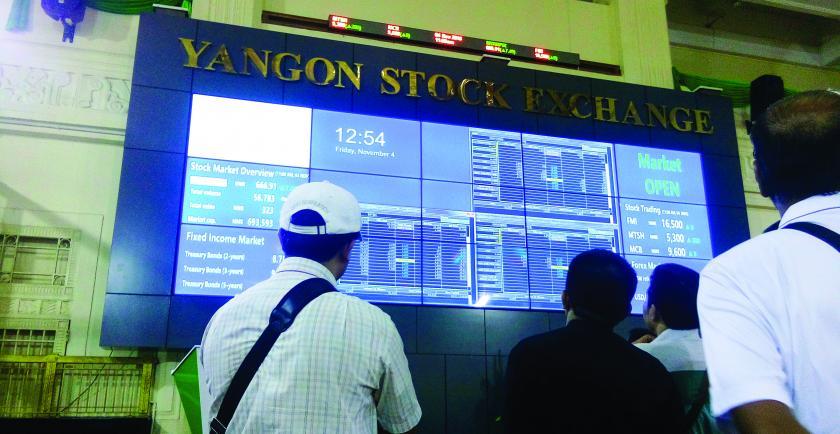
Share value in Yangon's stock market dropped due to expansion of facilities, prompting the need to boost the stagnant stock market
Trade volume on Yangon’s Stock Ex¬change (YSX) has slowed to K1.8 billion in September; 0.5% less than in August. Trade peaked in March at K3 billion and has since slowed. Each month af¬ter that, volume hovers around an average of only K1 billion. Confidence in the stock market typically sees a seasonal boost with the ending of monsoon sea¬son. Share volume for Myanmar Thilawa SEZ Holdings Public Limited (MTSH), and First Myan¬mar Investment Co., Ltd (FMI) nearly doubled in August, reaching K2.3 bil¬lion; K1 billion more than in July. However, Sep¬tember saw their trade volume slow down. -
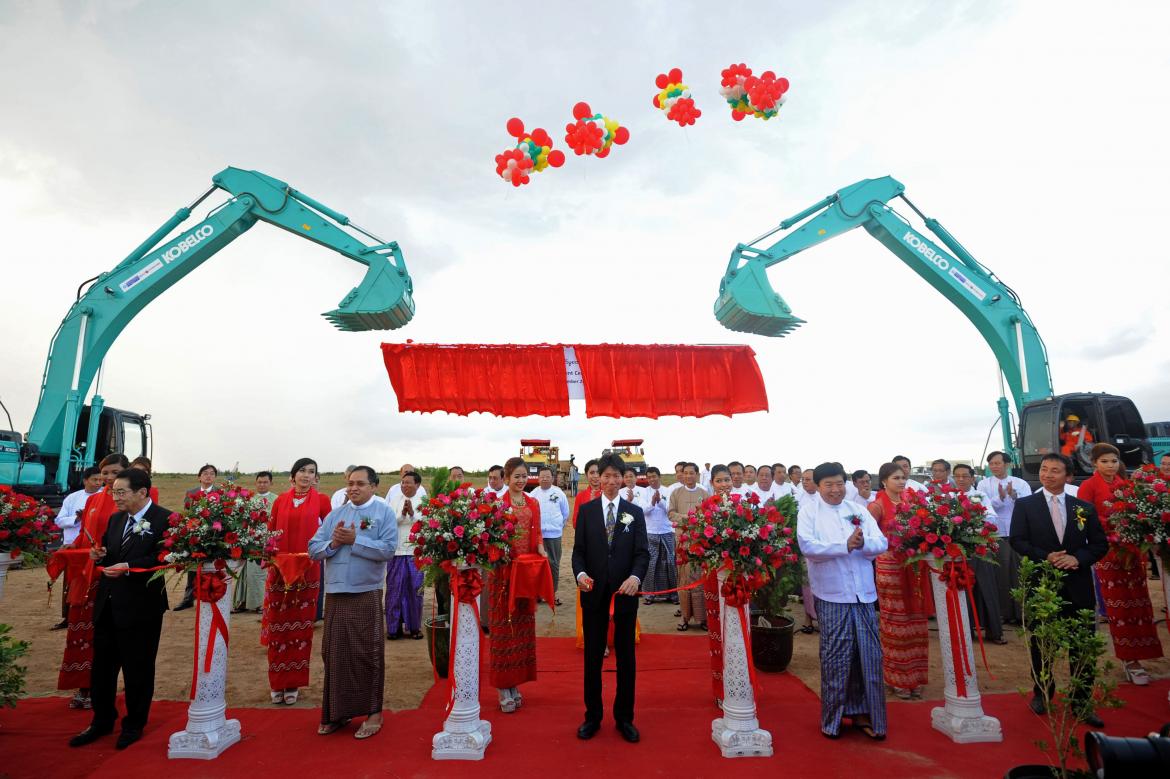
Government urged to bolster protection for residents, the workforce and the environment at Myanmar’s special economic zones
YANGON — Civil society groups have called on the government to bolster protections for residents, the workforce and the environment at Myanmar’s special economic zones, warning that the current legal framework for the projects could bring more misery for nearby communities. The comparative study of Cambodian and Myanmar SEZ projects, launched in Yangon on Friday, urged legislative revisions to establish better dispute resolution procedures between investors and local communities, as well as heightening transparency in the governance of the projects. “The first impact of special economic zones faced by communities is the loss of land as well as their livelihoods,” said Dr Kyaw Thu, the executive director of Paung Ku, one of the groups authoring the report. “Democratic governments need to carefully examine the long term impact of big investment projects on peace building, social justice and the federal union.” -
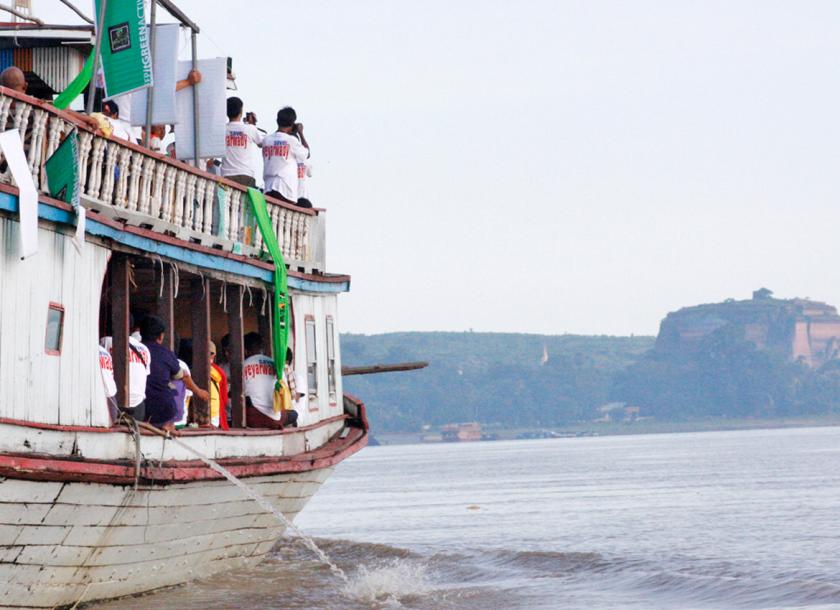
The major project under a research and development program, Ayeyawaddy Integrated River Basin Management (AIRBM) master plan is expected to be released in early 2020
The final draft for the Ayeyawaddy Integrated River Basin Management (AIRBM) project, one of the major projects under a research and development program by the National Water Resources Committee led by vice-president U Henry Van Thio, has been received. A Master Plan is expected to be released in early 2020, said Dr Khin Ni Ni Thein, a director of the AIRBM project. The five-year project commenced last year with aid from a $100 million World Bank loan. Benefits of the project include providing water resource information for inclusive decision- making affecting people living by the river and supporting the development of water-related organisations, laws and procedures. “After project design and calling for tenders, we sent the final draft for implementing the project in November 2016. We can start undertaking basic work for AIRBM before the Master Plan is released. We can use the time before 2020 effectively,” Dr Khin Ni Ni Thein said at a forum on the Ayeyarwady basin in Mandalay on October 17. -
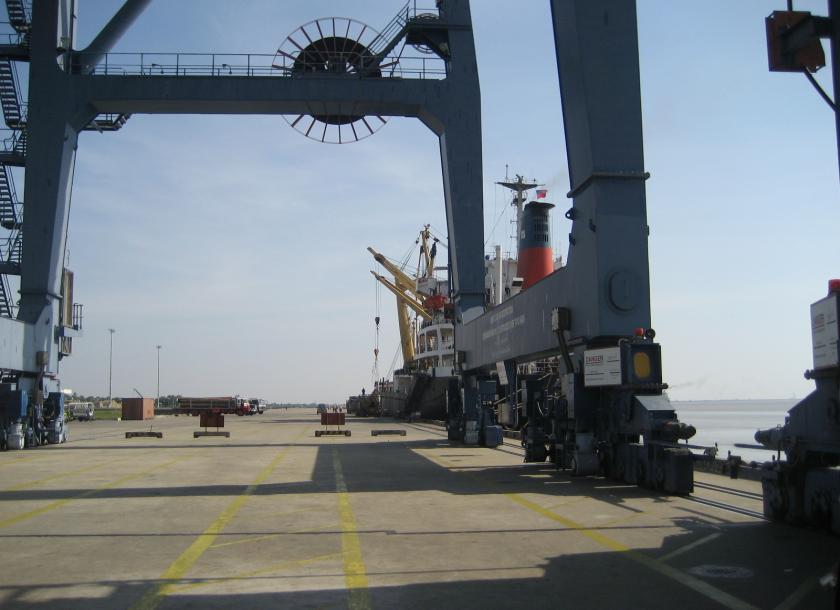
Yanghee Lee, Special Rapporteur on the Situation of Human Rights in Myanmar, states that SEZ impact on communities must be addressed
INVESTORS and developers of Special Economic Zones (SEZs) have responded to criticisms from the Special Rapporteur on the Situation of Human Rights in Myanmar, who stated that all SEZs in the country have adversely affected communities. Kyaukphyu’s chief investor said it is the government’s responsibility to resolve the concerns related to land acquisition, while the Thilawa SEZ developer highlighted the initiatives to facilitate communications with residents. Myanmar currently has one SEZ in operation – Thilawa SEZ in southern Yangon, while SEZs are proposed in Dawei in Tanintharyi Region and Kyaukphyu in Rakhine State. In a report providing an overview of human rights developments in Myanmar up to August 25 released last month, Yanghee Lee, Special Rapporteur on the Situation of Human Rights in Myanmar, said that development is integral to the future prosperity of the country but “it is important that development proceeds in a sustainable way which respects local communities’ rights”. -
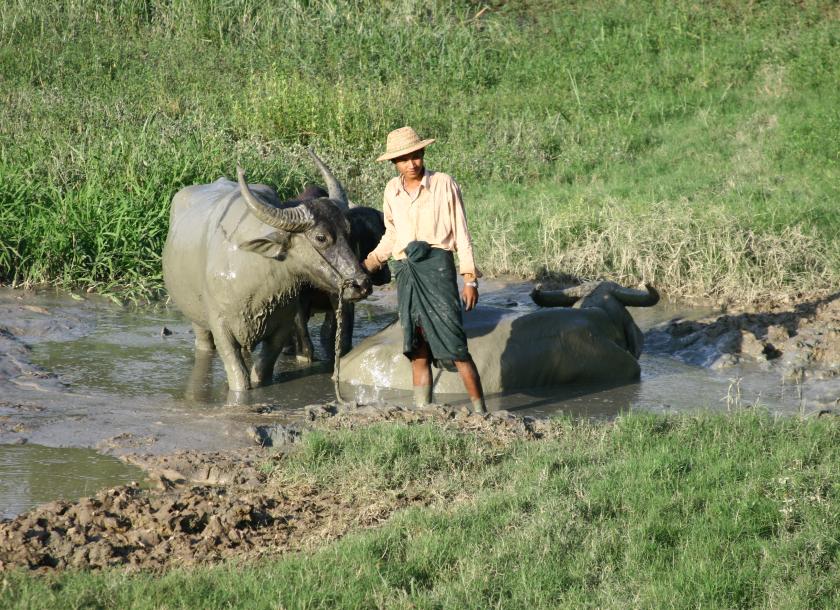
Government ups attempts to legalise livestock trade with neighbours
The government is upping attempts to regulate the livestock trade between Myanmar and its neighbours. About 100,000 cattle are illegally exported to Thailand every year, said U Khin Maung Lwin, Assistant Secretary of the Ministry of Commerce. Official customs data from Thailand have no record of the number of cattle entering the country from Myanmar, but there are some records in Mae Sot, Thailand. According to that data, some 100,000 cattle are exported illegally to Thailand every year via border routes. Aside from the records in Mae Sot, there is no data from the other border towns and thus the exact figures of illegal cattle export cannot be known, U Khin Maung Lwin said. But cattle have also been illegally exported to China, a source from Muse in Shan State, which borders Yunnan province, told The Myanmar Times. -
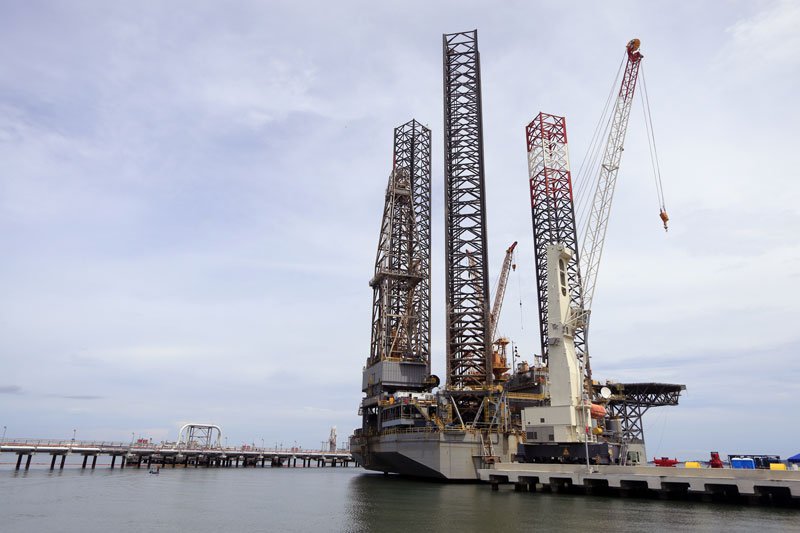
Woodside suspends further drilling offshore in southern Rakhine State to evaluate commercial viability of gas
Woodside has recently announced that it was suspending further drilling offshore in the southern Rhakine state as they will evaluate the commercial viability of gas quantities found in Blocks A-6 and AD- 7. It is reported that the suspension will be until 2018. While a drilling suspension is not uncommon in the offshore markets, concerns over the future of the offshore gas fields deepened when Woodside cancelled a seismic tender ten days ago. This does not bode well for the sector and particularly for those that plan to build supply bases to provide support services to offshore. It goes without saying, that the Woodside drilling campaign spurred on interest in the need for an in-country Offshore Supply Base Development (OSB) solution to replace logistics coming from Singapore. -
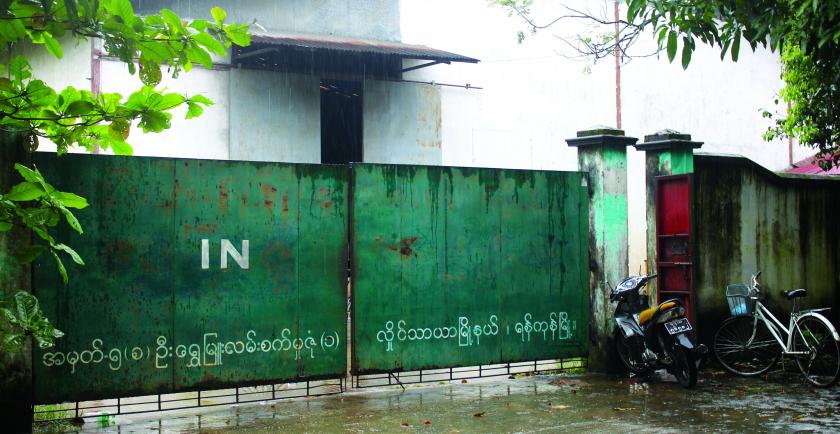
Yangon Regional Government planned to revise the existing industrial zones and create 12 new industrial zones in Yangon outskirts
Yangon Regional Government is planning to revise the existing industrial zones and create 12 new industrial zones in the re¬gion, Yangon’s Chief Min¬ister, U Phyo Min Thein, said at a meeting of Union of Myanmar Federation and Chamber of Com¬merce and Industry (UM-FCCI) last week. There are 45 townships in Yangon Region; 33 in Yangon’s municipal area and the rest on the out¬skirts of the city. At pre¬sent there are 29 indus¬trial zones in the region, all within Yangon’s mu¬nicipal area. The aim of the new small industrial zones is to cre¬ate local job opportunities for people living on the outskirts of Yangon and save them time and effort commuting to and from the current 29 industrial zones in Yangon’s munici¬pal area. -
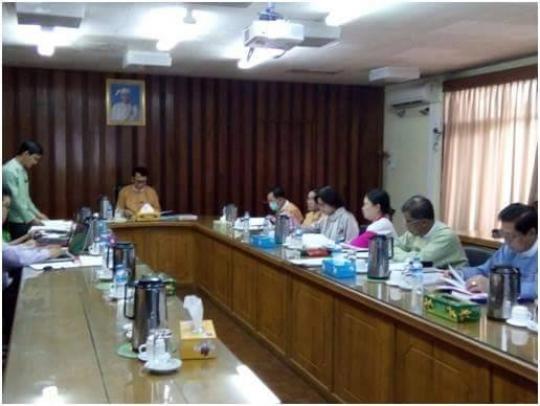
Yangon Region Investment Committee approved six foreign businesses to invest more than US$9 million in the industrial sector
The Yangon Region Investment Committee has allowed six businesses from Singapore, China and Hong Kong to invest more than US$9 million (12.3 billion kyat) in the industrial sector prior to October 11. The committee held its meeting at the office of the Yangon Region government in Yangon on October 11. Committee Chairman Chief Minister Phyo Min Thein attended the meeting and discussed future actions that could speed up investments.. At the meeting, the committee also approved a joint-venture business in Yangon in accordance with the Myanmar Investment Law. The business is expected to invest US$0.767 million with the prospect of creating 1,002 jobs.
เกาะติดข่าว
Copyright © 2014 Business Information Center All Rights Reserved.







